GENIUS

Movies about real-life figures that I know very little about are so attractive to me as a filmgoer because my lack of knowledge of the story I am about to be brought into allows me to be more objective about what I'm seeing and can properly judge the film purely on its entertainment value...one of the reasons I loved Tim Burton's Big Eyes so much and also why I found 2016's Genius, a riveting docudrama wrapped around a dual character study that introduced me to characters I knew nothing about and gave me insight into others that may or may not have been factually accurate, but was wonderfully entertaining.

It is Depression era Manhattan where we are introduced to Max Perkins (Colin Firth), a book editor at the famed Scribner Publishing Company, where he has completed editing the work of Ernest Hemingway and F. Scott Fitzgerald and is now finding the greatest challenge of his career reining in a bombastic and arrogant writer named Thomas Wolfe (Jude Law) who has brought him his first completed work, which Perkins decides needs a couple hundred pages of editing and Wolfe is willing to do whatever Perkins wants in order to get the work published. "Look Homeward, Angel" is born and is a runaway bestseller. But the crux of this drama begins when Wolfe brings Max his second book and Max insists about 300 pages have to be cut and Wolfe, full of himself after the success of "Look Homeward Angel", thinks every word he has written is golden and fights Max every step of the way.

The working relationship between these two men is complicated by Mrs. Aline Bernstein (Nicole Kidman) a woman of apparent means who left her husband for Wolfe and feels like she is losing Wolfe to Max. Her Svengali-like grip on Wolfe seems to melt away and she finds herself as part of a triangle that she hadn't planned or is accustomed to, as this is clearly a woman who is used to being the apex of the triangle.

Director Michael Grandage and screenwriter John Logan have crafted a beautiful dual character study based on real life figures that takes its time to establish what kind of people Max and Wolfe are. I love the opening scenes of Max reading the rough draft of "Look Homeward Angel"...this is a man who takes his work very seriously and wants to be absolutely fair in assessing the problems with whatever he's reading. There's a moment where he gets home with the manuscript and actually goes into a closet to continue reading in peace. Max is also painted as a man who is keenly aware of the delicacy of writers' egos who when making suggestions, always makes the writer think the changes are the writer's idea. It's so smart watching Max convince Wolfe that the title of his first book is wrong but he never makes it a deal breaker, he just says, "Have you thought about another title?"

Wolfe is portrayed as a man who is as serious about his work as Max is, but not so much with the rest of his life and it is this difference that keeps the relationship between Wolfe and Max crackling, reaching an impasse until Wolfe finally finds a way to make Max lighten up. Unfortunately, it is all at the expense of Wolfe's relationship with Mrs. Bernstein, which is a bit of mystery...the woman clearly doesn't need Wolfe, but is obsessed with him and just won't walk away from him.

Grandage pulls superb performances from the three stars...Firth is beautifully controlled as Max and Jude Law is the polar opposite in a deliciously unhinged turn as Thomas Wolfe that commands the screen. Nicole Kidman is dangerously bitchy as Mrs. Bernstein and mention should also be made of Laura Linney as Max's devoted wife, a woman who has buried her own artistic passions to be what her husband needs her to be. Guy Pearce continues to prove his versatility with his turn as the damaged F. Scott Fitzgerald and Dominic West's cameo as Hemingway was fun too.
Grandage's attention to period detail is on the money, with his cinematography and art direction teams deserving special mention, as well as a quietly melodic musical score that frames the story perfectly. A very special motion picture experience that provided an insightful look at the ego of the artist and the drive and sacrifice involved in the cultivation of said art.

Movies about real-life figures that I know very little about are so attractive to me as a filmgoer because my lack of knowledge of the story I am about to be brought into allows me to be more objective about what I'm seeing and can properly judge the film purely on its entertainment value...one of the reasons I loved Tim Burton's Big Eyes so much and also why I found 2016's Genius, a riveting docudrama wrapped around a dual character study that introduced me to characters I knew nothing about and gave me insight into others that may or may not have been factually accurate, but was wonderfully entertaining.

It is Depression era Manhattan where we are introduced to Max Perkins (Colin Firth), a book editor at the famed Scribner Publishing Company, where he has completed editing the work of Ernest Hemingway and F. Scott Fitzgerald and is now finding the greatest challenge of his career reining in a bombastic and arrogant writer named Thomas Wolfe (Jude Law) who has brought him his first completed work, which Perkins decides needs a couple hundred pages of editing and Wolfe is willing to do whatever Perkins wants in order to get the work published. "Look Homeward, Angel" is born and is a runaway bestseller. But the crux of this drama begins when Wolfe brings Max his second book and Max insists about 300 pages have to be cut and Wolfe, full of himself after the success of "Look Homeward Angel", thinks every word he has written is golden and fights Max every step of the way.

The working relationship between these two men is complicated by Mrs. Aline Bernstein (Nicole Kidman) a woman of apparent means who left her husband for Wolfe and feels like she is losing Wolfe to Max. Her Svengali-like grip on Wolfe seems to melt away and she finds herself as part of a triangle that she hadn't planned or is accustomed to, as this is clearly a woman who is used to being the apex of the triangle.

Director Michael Grandage and screenwriter John Logan have crafted a beautiful dual character study based on real life figures that takes its time to establish what kind of people Max and Wolfe are. I love the opening scenes of Max reading the rough draft of "Look Homeward Angel"...this is a man who takes his work very seriously and wants to be absolutely fair in assessing the problems with whatever he's reading. There's a moment where he gets home with the manuscript and actually goes into a closet to continue reading in peace. Max is also painted as a man who is keenly aware of the delicacy of writers' egos who when making suggestions, always makes the writer think the changes are the writer's idea. It's so smart watching Max convince Wolfe that the title of his first book is wrong but he never makes it a deal breaker, he just says, "Have you thought about another title?"

Wolfe is portrayed as a man who is as serious about his work as Max is, but not so much with the rest of his life and it is this difference that keeps the relationship between Wolfe and Max crackling, reaching an impasse until Wolfe finally finds a way to make Max lighten up. Unfortunately, it is all at the expense of Wolfe's relationship with Mrs. Bernstein, which is a bit of mystery...the woman clearly doesn't need Wolfe, but is obsessed with him and just won't walk away from him.

Grandage pulls superb performances from the three stars...Firth is beautifully controlled as Max and Jude Law is the polar opposite in a deliciously unhinged turn as Thomas Wolfe that commands the screen. Nicole Kidman is dangerously bitchy as Mrs. Bernstein and mention should also be made of Laura Linney as Max's devoted wife, a woman who has buried her own artistic passions to be what her husband needs her to be. Guy Pearce continues to prove his versatility with his turn as the damaged F. Scott Fitzgerald and Dominic West's cameo as Hemingway was fun too.
Grandage's attention to period detail is on the money, with his cinematography and art direction teams deserving special mention, as well as a quietly melodic musical score that frames the story perfectly. A very special motion picture experience that provided an insightful look at the ego of the artist and the drive and sacrifice involved in the cultivation of said art.
Last edited by Gideon58; 05-12-17 at 11:57 AM.




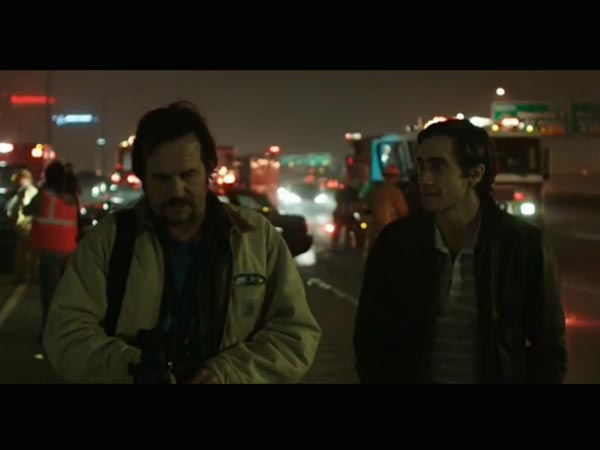
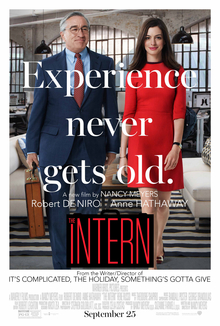








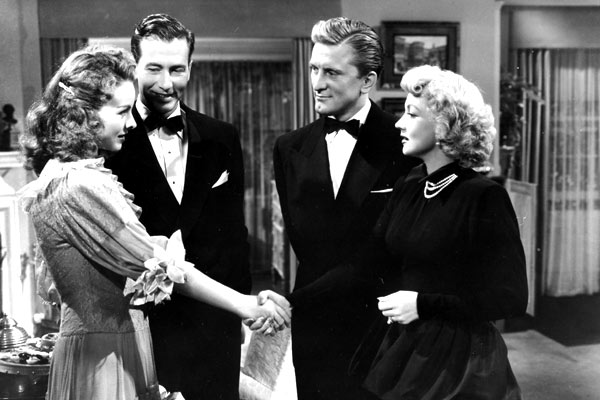





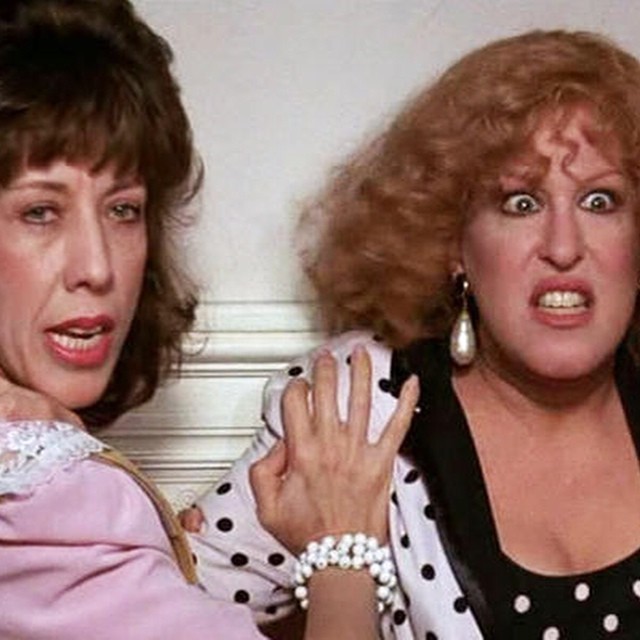
.jpg)

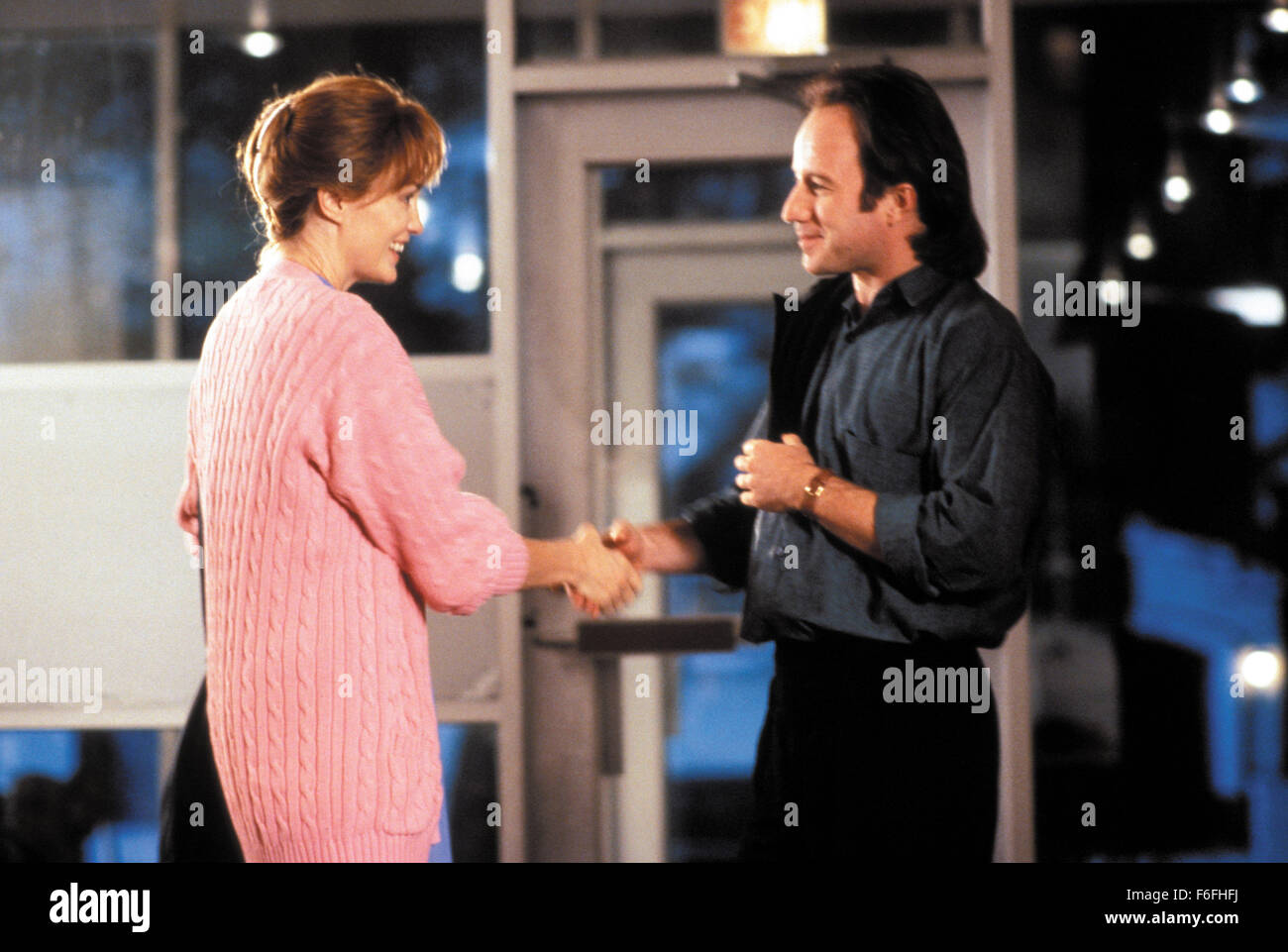
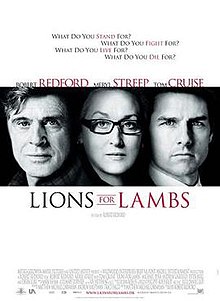

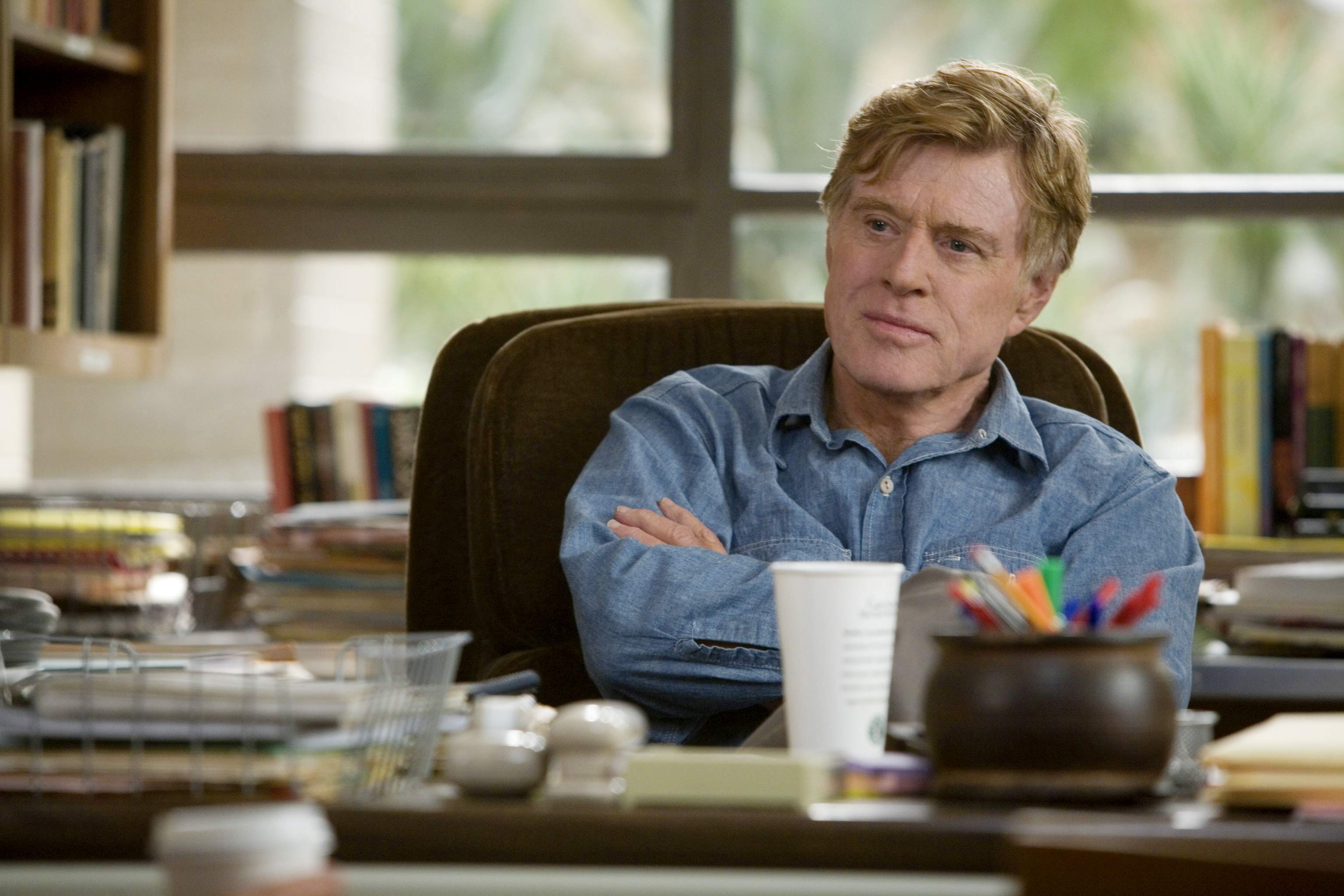
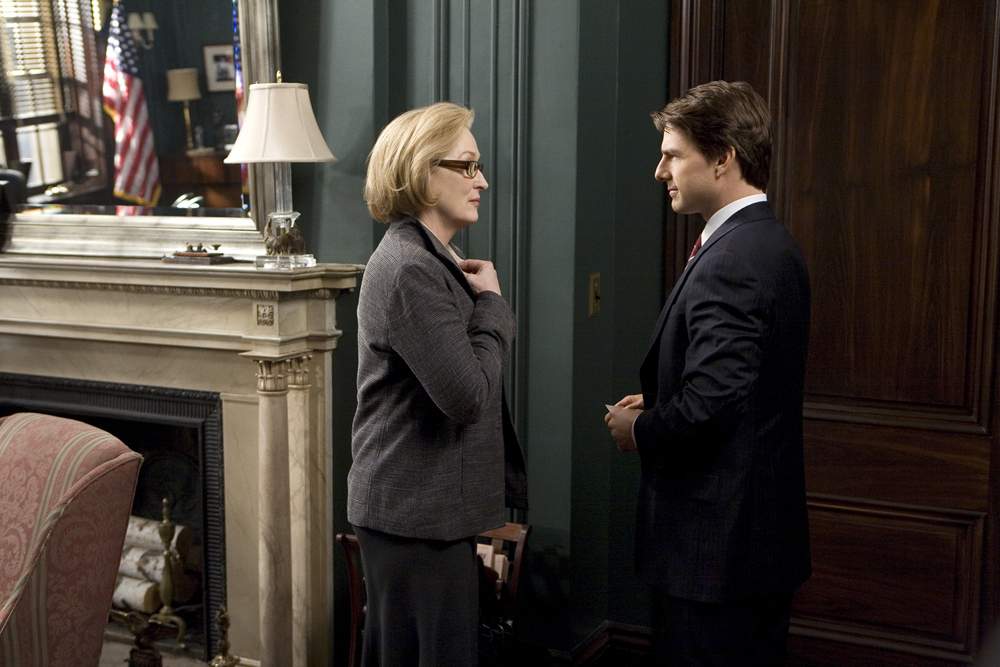




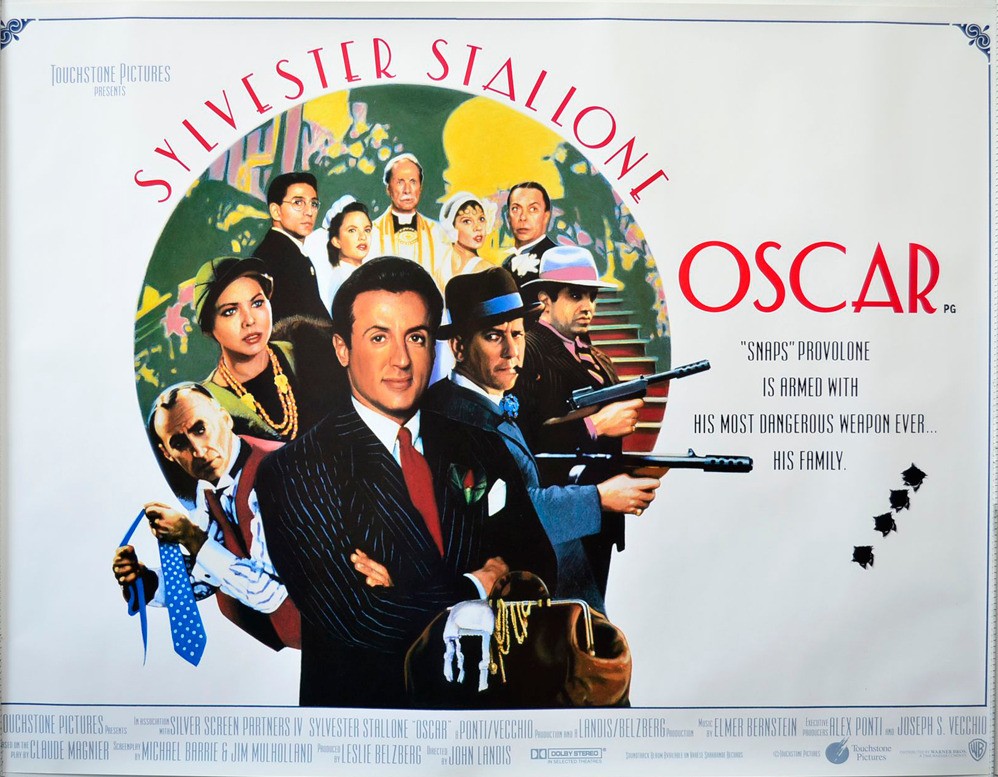


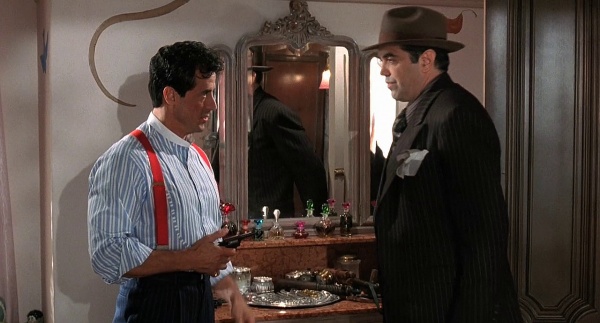





 glad to see your enthusiasm for it! I thought it was a fine film myself. I wish Hollywood make more films like that, sadly there's probably not as big as audiences for serious subject films like Spotlight. But I'm glad to have seen it.
glad to see your enthusiasm for it! I thought it was a fine film myself. I wish Hollywood make more films like that, sadly there's probably not as big as audiences for serious subject films like Spotlight. But I'm glad to have seen it.



